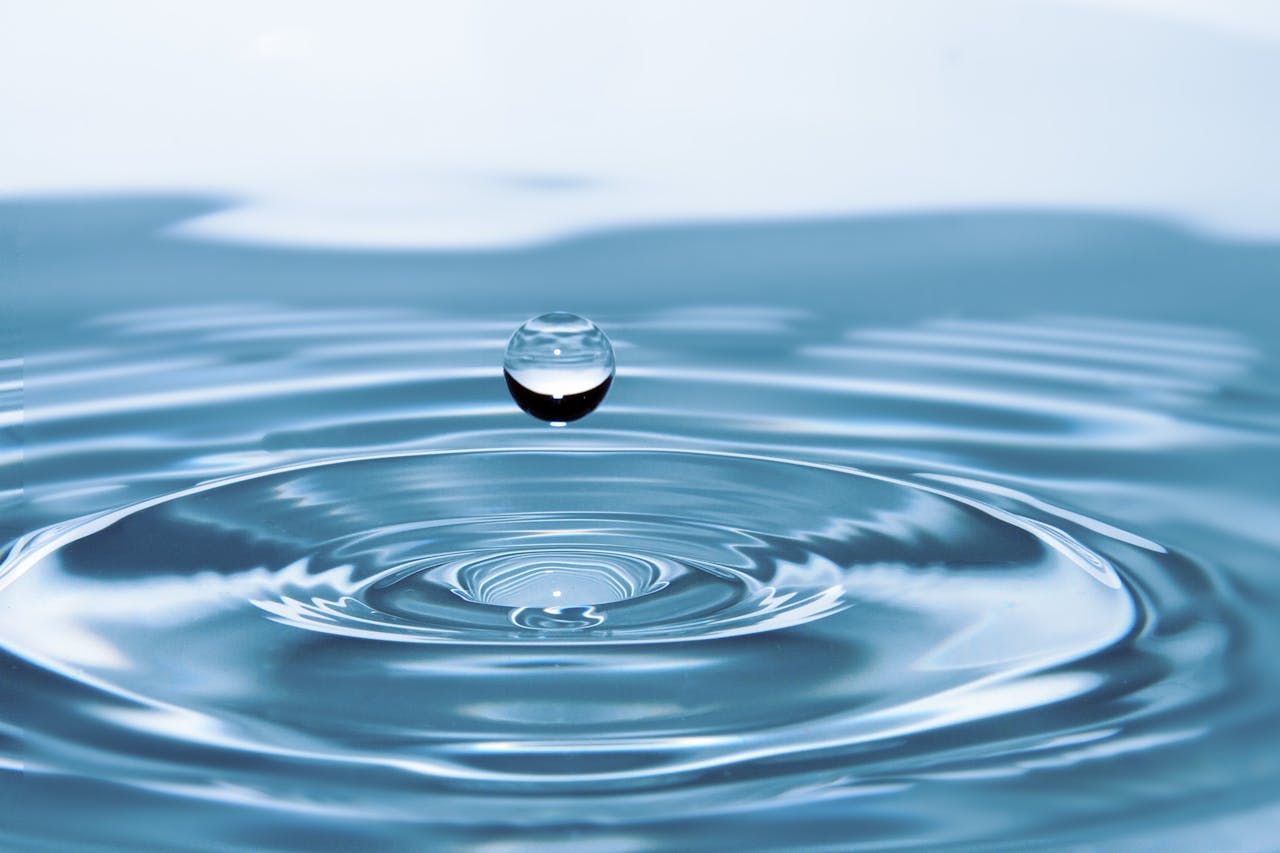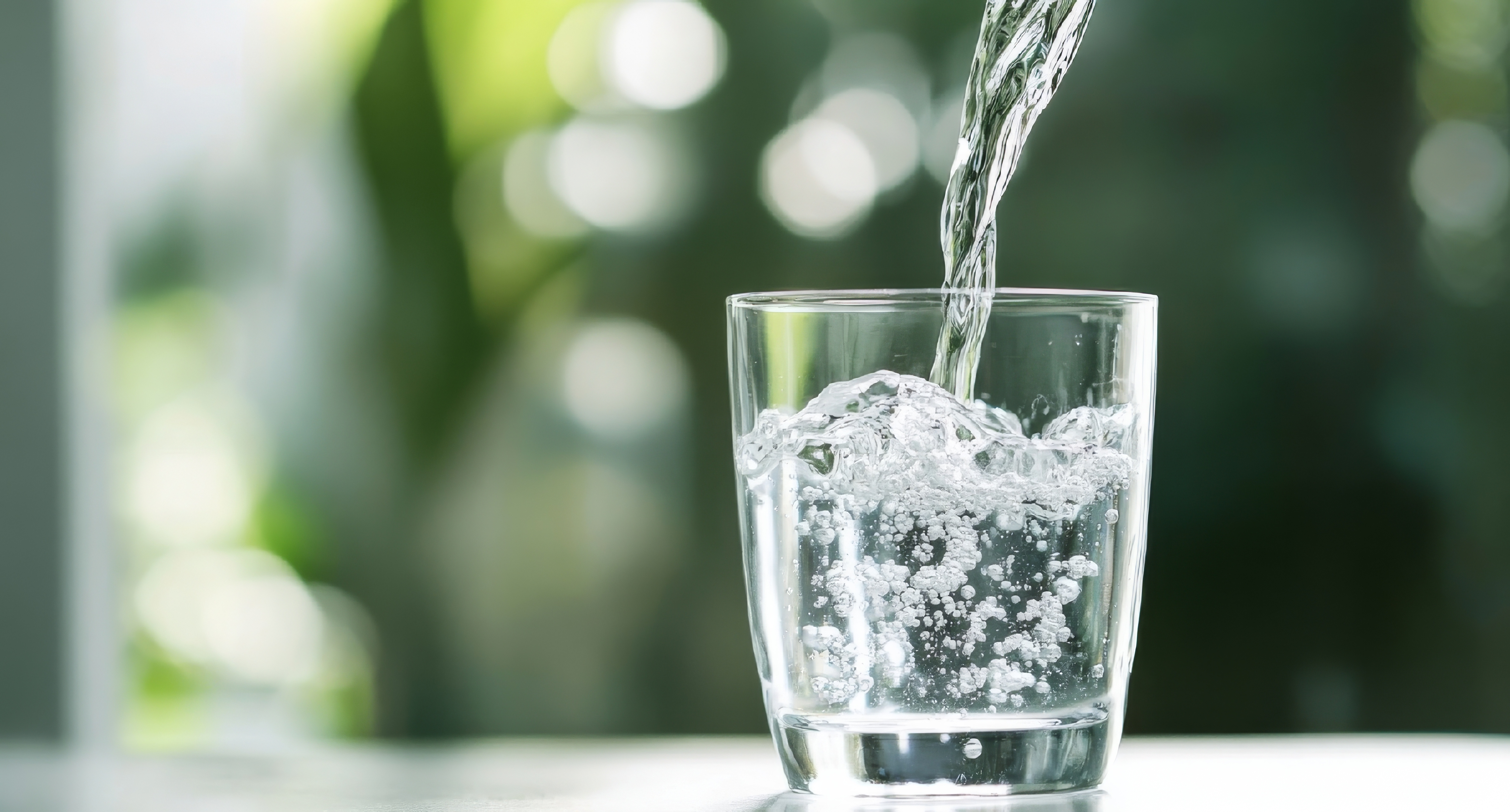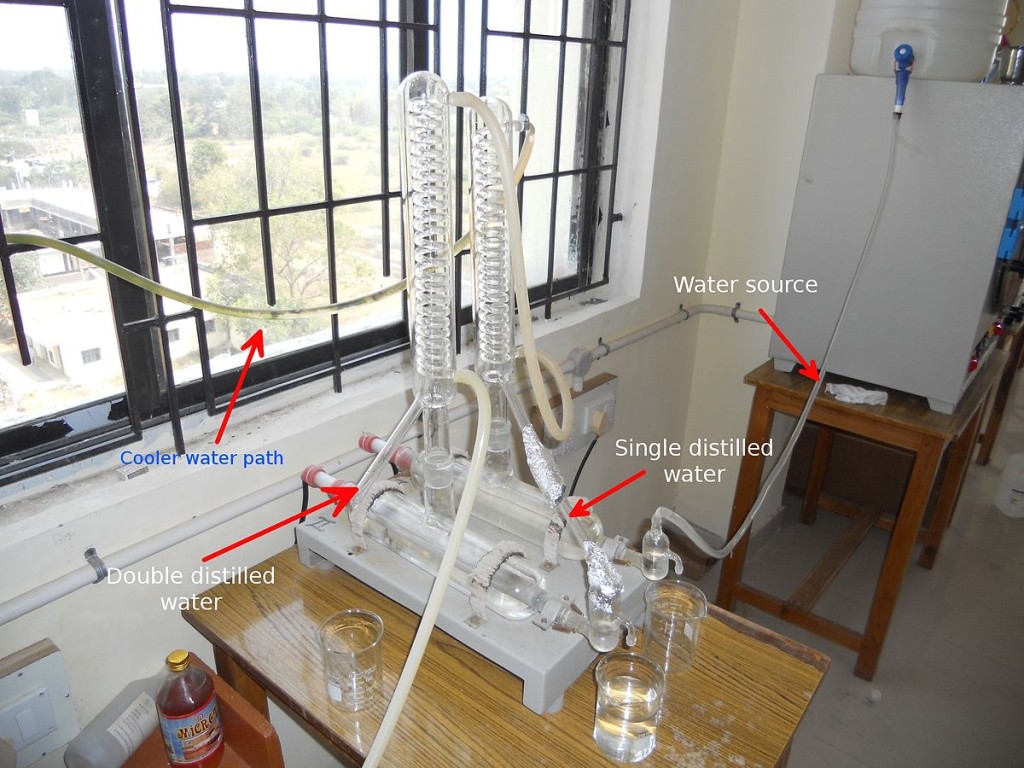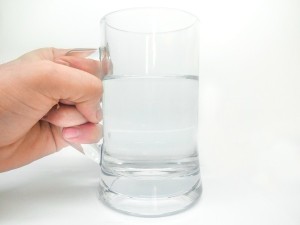Distilled water basically refers to any water that has undergone purification using the process of distillation — where water is heated to boiling point and the water vapor (steam) that forms is collected. Any contaminants such as chemicals and metals that may be present in the water remain behind. As a result, the water vapor collected is much purer than the original water.
Is distilled water safe to drink?
Yes, distilled water from a reliable source is safe to drink. However, most health practitioners recommend only drinking for shorter time periods due to it's lack of minerals.
Because distillation is effective at removing most contaminants, it is usually safe to drink water that has been treated in this manner. However, there are occasions when distilled water may not always be safe to drink. It depends largely on the quality of the source water being treated. For example, treating non-potable water that contains high levels of industrial contaminants may produce distilled water that still contains harmful pollutants at levels high enough to pose a risk to human health.
Side Note: If you would like to see how a comparison of the berkey water filter vs distilled water, this article will help you.
Distillation Removes Beneficial Minerals
While the quality of distilled water will certainly be much higher than the original source water, the major drawback to drinking distilled water is that many of the essential minerals that are naturally present in water, such as magnesium and calcium, are unstable and are therefore released during the distillation process. As a result, distilled water may lack beneficial minerals typically found in spring- and mineral water, or other natural water sources. Lets look at the implications of this a little closer.
Effect on Taste
Because the vitamins and minerals have been stripped during the distillation process, distilled water tends to have very little taste, or worse still, if sold in plastic bottles, often tastes like plastic. This is because minerals that are normally present in drinking water help to keep the water tasting fresh. Furthermore, it may absorb harmful chemicals used to manufacture plastic such as BPA, an endocrine disrupter associated with neurological disorders, infertility, blood disorders and cancer to name a few. Some distilled water producers package their products in glass containers to avoid this.
Causes Mineral & Electrolyte Deficiencies in the Body
Drinking distilled water can deprive your body of beneficial minerals that are essential for our health and well being; as minerals lost, for example in perspiration, are not replenished when you drink water; you are simply re-hydrating. Also, because electrolytes — which are important for waste elimination and healthy body functioning — move from your body (where they are in a high concentration) to the mineral-free water (where they are in a low concentration, or rather non-existent), your electrolyte levels will gradually decrease, eventually leading to an electrolyte imbalance.
Increased Acidity
Because distilled water contains no minerals, it readily assimilates other compounds. For example, when it mixes with air it can absorb carbon dioxide, which will cause the water to become more acidic. While consuming acidic water in itself is not necessarily dangerous, experts agree that alkaline water is better for us and that consistently drinking acidic water can pose several health risks, including osteoporosis and cancer.
Changes the pH of Blood and Body Tissue
Distilled water has a pH of 7.0, while the pH level of blood needs to be between 7.35 and 7.45. Should blood pH levels drop below that, the blood and body tissues can become excessively acidic — a condition known as acidosis. Significant imbalances in minerals, electrolyte and pH levels can result in nutrient deficiencies, muscle cramps, fluid retention, fatigue, headaches, impaired heart rate, as well as other potentially harmful health effects.
According to the World Heath Organization (WHO), any drinking water that has been demineralized during treatment — including water treated by reverse osmosis, nano-filtration, desalination and deionization — will have the same health pitfalls as distilled water, unless that water is remineralized.
So, while distillation is a simple, cost-effective method of purifying water, making it safe to drink in the short-term, long-term consumption is not recommended as your body will lose essential minerals and electrolytes that are important for normal healthy body functioning.
The most effective way of removing contaminants from drinking water without stripping the water of essential minerals is filtration. Using a high-end portable home water filter, such as those in the berkey water filter range, you can effectively remove a wide range of harmful contaminants while still retaining the minerals and nutrients that not only give water its fresh, awesome taste, but which your body needs for good health.
If you would like to see how a comparison of the berkey water filter vs distilled water, this article will help you.









